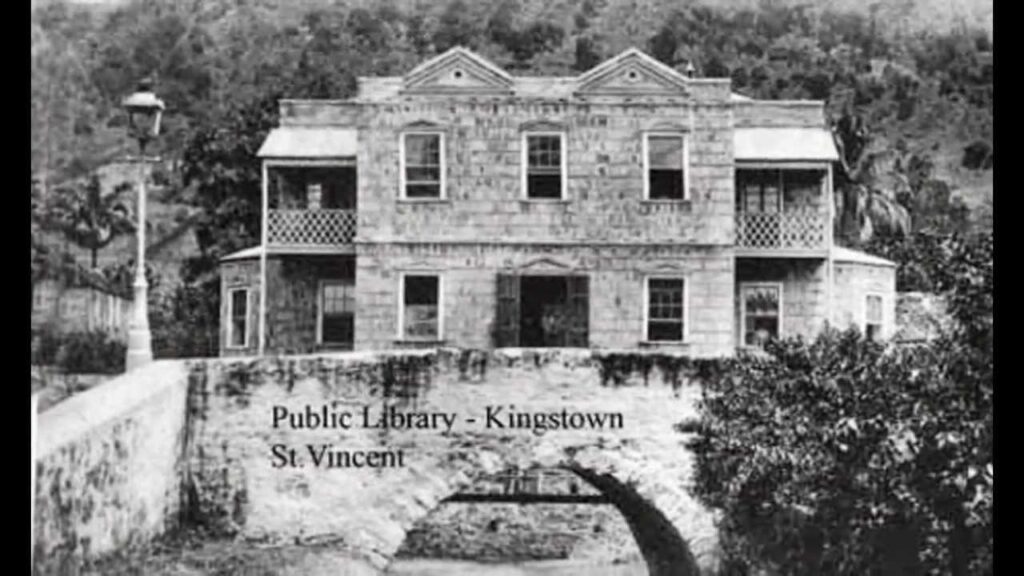Here’s a detailed overview of the history of Saint Vincent and the Grenadines:
History of Saint Vincent and the Grenadines
Pre-Colonial Era
- The islands were originally inhabited by the Ciboney and later by the Arawaks and Caribs (Kalinago).
- The Caribs fiercely defended the islands from European colonizers and became known for their resistance across the Caribbean.
European Contact and Resistance
- 1498: Christopher Columbus sighted the island on January 22, the feast day of Saint Vincent of Saragossa, hence the name.
- 1600s–1700s: Both French and British made efforts to colonize, but faced strong resistance from the Caribs.
The Black Caribs (Garifuna)
- A significant part of the history involves the Garifuna (Black Caribs) – descendants of African slaves who mixed with the Caribs.
- They became a powerful force resisting British rule, especially under their leader:
Joseph Chatoyer
- A national hero of Saint Vincent
- Led the First Carib War (1772–1773)
- Died in battle during the Second Carib War (1795)
British Colonization
- 1763: Britain gained control under the Treaty of Paris.
- 1779–1783: Briefly recaptured by the French.
- 1783: Britain regained the islands after the Treaty of Versailles.
Deportation of Black Caribs
- After the Carib Wars, over 5,000 Black Caribs were exiled to Honduras in 1797 (many died during the journey to Roatán).
Colonial Rule & Slavery
- Became a plantation economy based on slave labor, growing sugar, coffee, and cotton.
- 1834: Slavery abolished in the British Empire; freed slaves faced hardship and inequality.
20th Century – Road to Independence
- 1951: Universal adult suffrage introduced.
- 1969: Became an Associated State of the UK with internal self-government.
- 1972–1979: Led by political leaders like Milton Cato, who pushed for independence.
Independence
- October 27, 1979: Saint Vincent and the Grenadines gained full independence from the UK.
- Milton Cato became the first Prime Minister.
- Retained Queen Elizabeth II (now King Charles III) as ceremonial head of state (a constitutional monarchy).
Recent History
- 2009: A referendum to become a republic failed (over 50% voted “No”).
- 2021: La Soufrière volcano erupted, causing mass evacuations and damage.
- Ralph Gonsalves has been Prime Minister since 2001, making him one of the longest-serving Caribbean leaders.
National Hero
- Joseph Chatoyer is honored every March 14 on National Heroes Day for his fight against British colonization.


